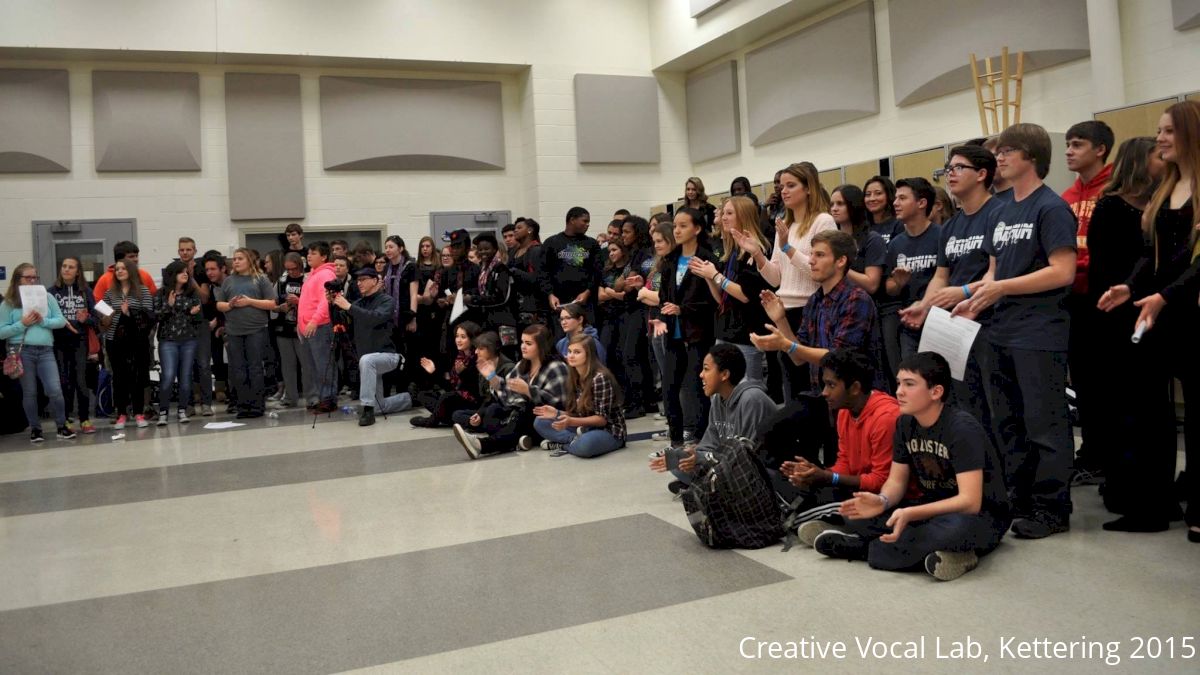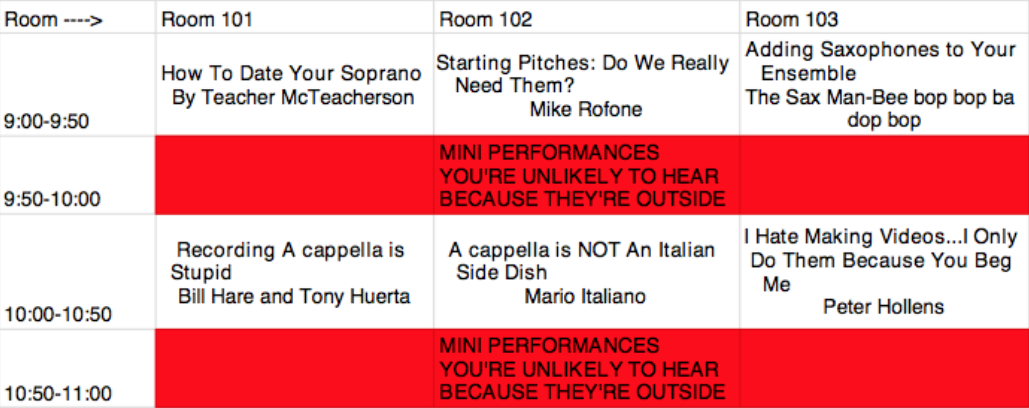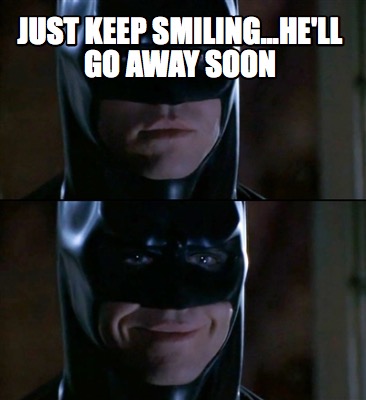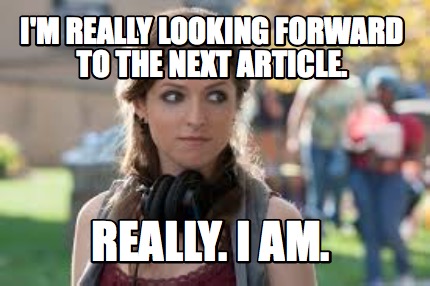Let's Shake Up The Workshop: Part 1
Let's Shake Up The Workshop: Part 1
"Doc Ac" Marc Silverberg shakes up the festival class system in a multi part series.

By Marc Silverberg
Most a cappella festivals offer educational workshops on a variety of topics, everything from arranging to recording to vocal percussion.
Among these festivals, many of these workshop schedules look alike: Festival participants are given a wide range of options. Workshops are often scheduled at the same time, and each lasts around 50 minutes.
I should acknowledge that this type of educational offering doesn't just exist in at vocal festivals. This is probably common among the majority of all festivals in every possible subject.
Let's take a sample schedule:

This is clearly a fictional schedule, but it does represent how educational offerings are programmed: The classes are placed within the schedule based on the likelihood of that workshop's popularity, the availability of the instructor, and the equipment/room needs of the class.
This has obvious benefits for the team in charge of scheduling.
With only a small number of parameters, the "puzzle of where to place workshops" is much easier to solve.

Though this model has worked for many years, I feel that there are a number of festival participants who are not getting what they truly need out of these festivals, and this disappointment may be one of the reasons festivals see a decline in attendance. I believe the following are not being represented enough:
For each part of this series, I'll discuss a different type of workshop method, each intended to dramatically change the way classes are offered at festivals.

Something I admire about the weeklong a cappella initiatives such as Camp A Cappella and A Cappella Academy is the way each student is given a chance to study one or two topics and grow from a beginner to an expert in the span of five days.
For example, these programs ask each student to choose a "major," such as arranging, songwriting, or beatboxing, and that choice determines the student's schedule.
This is very similar to a typical collegiate major, although condensed into a single week. In addition, students are given the freedom to choose "elective" courses, or topics outside of their major, to experience, if only briefly.
I attended a similar weeklong program, The Vocal Company's Next Level, for this very reason. I wanted to spend a week on a singularly focused topic and grow from beginner to expert.

Having experienced programs like these, I began to wonder whether weekend festivals could possibly provide the same type of experience to a cappella fans who were past the "beginner" stage and wanted to expand their knowledge further.
The idea I came up with is similar to one already used at the National A Cappella Convention: Classes are grouped into similar subjects on the main schedule.
Then, if a student wanted to focus specifically on one topic such as arranging, he or she could just attend the workshops in the arranging category.
If I'm an arranging student progressing through the day, I would want to know that the courses offered later in the day were more advanced than those offered in the beginning of the day. I would want workshops to build upon the material I had already learned, much like the weeklong programs mentioned earlier.
For a weekend festival to offer several workshops that are similar in focus with increasing levels of difficulty, this requires several modifications:
A. The festival would have to hire a smaller quantity of instructors.
B. The instructors who were hired would need to develop several workshops of increasing difficulty or work in tandem with other instructors to ensure the materials are being covered.
C. Festival participants would need to be guided through the new schedule so that everyone understands that later workshops build upon earlier workshops. (In the educational world, we call this a prerequisite.)
The proposed sample schedule would look something like this:

Of course, when I made this argument to my editor/colleague/soulmate/pain-in-my-ass Evan Feist, he destroyed my entire proposal with one simple question: "What if the participant wants to experience a number of things, all at the beginner level?"
And so, I offer the following revision -- in addition to several topics that build upon one another, a final category is added offering only beginner-level courses with no prerequisites:

Next week: The Track/Line Method

--
Don't miss exclusive videos, feature stories, event updates, and more.
Sign up for the FloVoice Newsletter and never miss a beat.
Most a cappella festivals offer educational workshops on a variety of topics, everything from arranging to recording to vocal percussion.
Among these festivals, many of these workshop schedules look alike: Festival participants are given a wide range of options. Workshops are often scheduled at the same time, and each lasts around 50 minutes.
I should acknowledge that this type of educational offering doesn't just exist in at vocal festivals. This is probably common among the majority of all festivals in every possible subject.
Let's take a sample schedule:

This is clearly a fictional schedule, but it does represent how educational offerings are programmed: The classes are placed within the schedule based on the likelihood of that workshop's popularity, the availability of the instructor, and the equipment/room needs of the class.
This has obvious benefits for the team in charge of scheduling.
With only a small number of parameters, the "puzzle of where to place workshops" is much easier to solve.

Though this model has worked for many years, I feel that there are a number of festival participants who are not getting what they truly need out of these festivals, and this disappointment may be one of the reasons festivals see a decline in attendance. I believe the following are not being represented enough:
- A cappella enthusiasts who have already mastered the basics and are looking for more advanced presentations
- Participants who want to attend everything but can't due to scheduling conflicts.
- Groups who are looking to improve their overall performance and want more masterclass opportunities.
For each part of this series, I'll discuss a different type of workshop method, each intended to dramatically change the way classes are offered at festivals.

Method 1- The Academy Method
Something I admire about the weeklong a cappella initiatives such as Camp A Cappella and A Cappella Academy is the way each student is given a chance to study one or two topics and grow from a beginner to an expert in the span of five days.
For example, these programs ask each student to choose a "major," such as arranging, songwriting, or beatboxing, and that choice determines the student's schedule.
This is very similar to a typical collegiate major, although condensed into a single week. In addition, students are given the freedom to choose "elective" courses, or topics outside of their major, to experience, if only briefly.
I attended a similar weeklong program, The Vocal Company's Next Level, for this very reason. I wanted to spend a week on a singularly focused topic and grow from beginner to expert.

Having experienced programs like these, I began to wonder whether weekend festivals could possibly provide the same type of experience to a cappella fans who were past the "beginner" stage and wanted to expand their knowledge further.
The idea I came up with is similar to one already used at the National A Cappella Convention: Classes are grouped into similar subjects on the main schedule.
Then, if a student wanted to focus specifically on one topic such as arranging, he or she could just attend the workshops in the arranging category.
But, with no disrespect to NACC, I feel its model doesn't quite go far enough.
If I'm an arranging student progressing through the day, I would want to know that the courses offered later in the day were more advanced than those offered in the beginning of the day. I would want workshops to build upon the material I had already learned, much like the weeklong programs mentioned earlier.
For a weekend festival to offer several workshops that are similar in focus with increasing levels of difficulty, this requires several modifications:
A. The festival would have to hire a smaller quantity of instructors.
B. The instructors who were hired would need to develop several workshops of increasing difficulty or work in tandem with other instructors to ensure the materials are being covered.
C. Festival participants would need to be guided through the new schedule so that everyone understands that later workshops build upon earlier workshops. (In the educational world, we call this a prerequisite.)
The proposed sample schedule would look something like this:

Of course, when I made this argument to my editor/colleague/soulmate/pain-in-my-ass Evan Feist, he destroyed my entire proposal with one simple question: "What if the participant wants to experience a number of things, all at the beginner level?"
And so, I offer the following revision -- in addition to several topics that build upon one another, a final category is added offering only beginner-level courses with no prerequisites:

What are your ideas? Do you think the a cappella festival model is fine as it is? Do you think there is room for improvement?
Next week: The Track/Line Method

--
FloVoice's best content, delivered directly to your inbox!
Don't miss exclusive videos, feature stories, event updates, and more.
Sign up for the FloVoice Newsletter and never miss a beat.